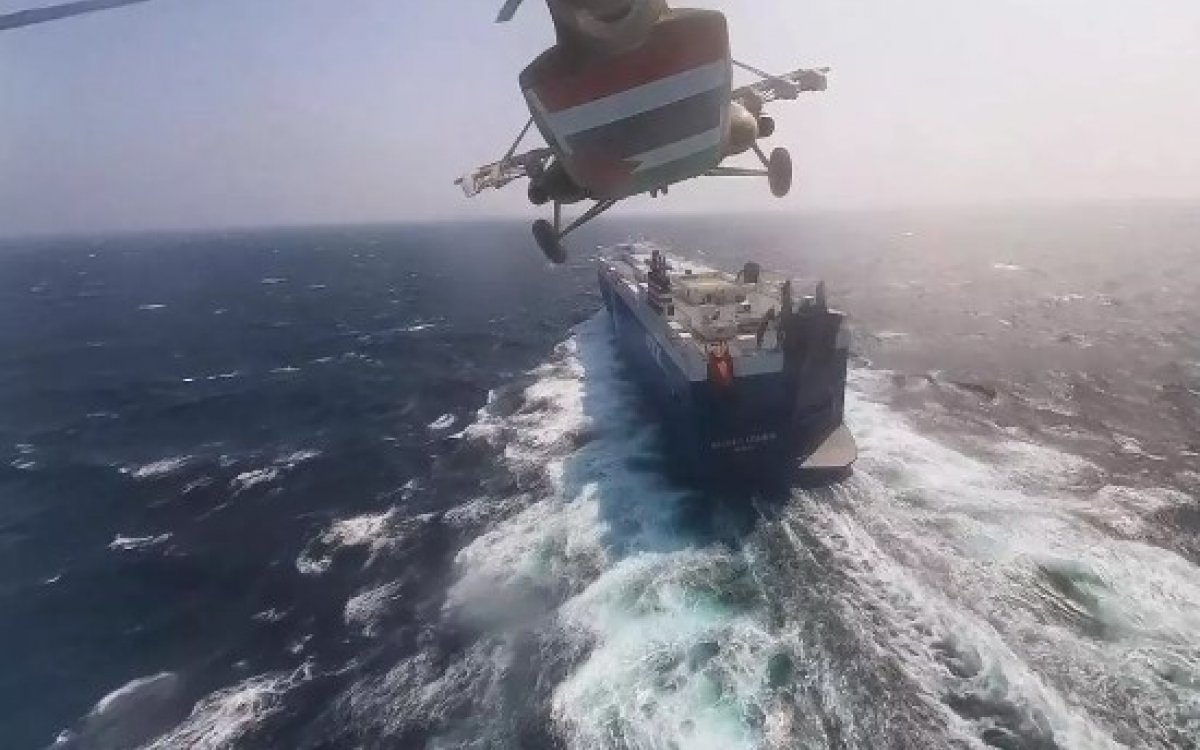ARMED CONFLICT IN THE RED SEA
The Red Sea crisis affects the security of maritime hydrocarbon transport.
The Red Sea crisis began on October 19, 2023, when the Iran-backed Houthi movement in Yemen launched missiles and armed drones at Israel, demanding an end to the invasion of the Gaza Strip.
This affects the safety of maritime transportation of hydrocarbons. Maritime insecurity in the Red Sea caused by the Houthi movement will continue to strain maritime transport logistics, but its effects on oil and natural gas markets appear limited for now.
The Suez Canal has suffered a significant decrease in revenue between January and August 2024, with an estimated loss of between 50% and 60% compared to the same period in 2023.
A wave of attacks by Yemen's Iran-backed Houthi rebels on ships sailing through the Red Sea continues to disrupt the global supply chain.
The Houthis maintain that their attacks target ships linked to Israel, the United States or Britain, as part of the rebels' support for the Hamas militant group in its war against Israel.
The Red Sea crisis could last until the first half of 2025 and its aftermath would last much longer, according to shipping experts, as figures from the commercial and military sectors urge diplomatic pressure to end attacks on the merchant ships passing through the Suez Canal.
As a consequence, the owners of large container ships benefit from higher freight rates, but face problems such as excess supply or the transition to clean energy.
The diversion entails significant extra fuel and personnel costs for shipping companies, but the higher charges to the customer offset these extra costs for now. According to a study, freight is 180% more expensive than before the pandemic.
World Ocean Cargo Ibérica, S.L.
